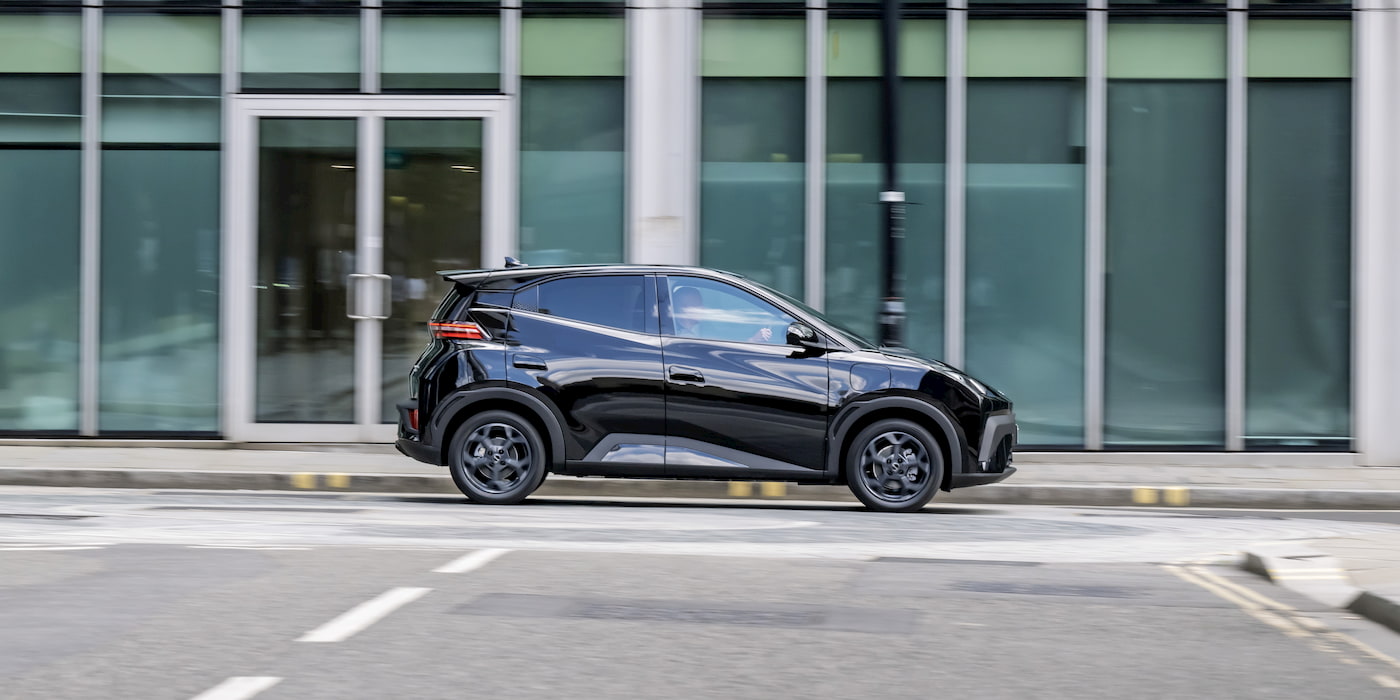In the high-stakes world of electric vehicle competition, corporate rivalries often play out in public view. The latest exchange between automotive giants Stellantis and BYD has provided a textbook example of how to handle competitive criticism with grace and strategic precision.
Key Highlights
- Executive Commentary: Former Jeep CEO Antonio Filosa, now leading Stellantis, made critical remarks about BYD's EV sales performance
- Strategic Response: BYD countered with what industry observers are calling "the perfect comeback"
- Market Position: The exchange highlights the intensifying competition between established Western automakers and Chinese EV manufacturers
- Global Implications: This verbal sparring reflects broader tensions in the rapidly evolving electric vehicle landscape
The Corporate Confrontation: Stellantis vs. BYD
The automotive world witnessed a fascinating corporate exchange when Antonio Filosa, the former Jeep brand CEO who now helms Stellantis, launched verbal criticism targeting BYD's electric vehicle sales performance. This public commentary from a senior executive of one of the world's largest automotive conglomerates represented more than just casual industry banter—it signaled the growing tension between traditional Western automakers and Chinese electric vehicle manufacturers who are rapidly gaining global market share.
BYD's Strategic Countermove
Rather than engaging in a public relations battle or responding with defensive rhetoric, BYD executed what industry analysts are describing as a masterclass in corporate diplomacy. The Chinese automaker's response demonstrated strategic sophistication, focusing on factual market performance rather than emotional rebuttals. This approach not only deflected the criticism but effectively highlighted BYD's growing influence in the global EV market without appearing confrontational.
The Broader Industry Context
This exchange occurs against the backdrop of significant industry transformation. Chinese EV manufacturers, particularly BYD, have been making substantial inroads into global markets that were traditionally dominated by European, American, and Japanese automakers. The rapid advancement in battery technology, manufacturing efficiency, and competitive pricing from Chinese companies has created palpable concern among established automotive giants.
Market Performance Comparison
| Metric | BYD | Stellantis EV Division |
|---|---|---|
| Global EV Sales (2023) | 1.57 million units | Approx. 400,000 units |
| Year-over-Year Growth | 73% increase | 21% increase |
| Market Presence | Global expansion accelerating | Strong in Europe/N America |
| Battery Technology | Vertical integration | Partnership-based approach |
Strategic Implications for the EV Industry
The public exchange between these automotive giants reveals deeper strategic realities. Stellantis, representing the traditional automotive establishment, faces the challenge of transitioning from internal combustion engines to electric vehicles while protecting existing market positions. BYD, as a relatively new global player, benefits from focusing exclusively on electric mobility without the baggage of legacy manufacturing systems and dealer networks.
The Future of Automotive Competition
This incident underscores how competitive dynamics in the automotive industry are evolving beyond traditional measures of horsepower and luxury features. The new battlegrounds include battery technology, software integration, charging infrastructure, and global supply chain management. As Chinese manufacturers continue to advance their technological capabilities and global distribution networks, established automakers must accelerate their transition strategies to maintain competitive relevance.
Leadership and Corporate Communication
The manner in which BYD handled the criticism offers valuable lessons in corporate communication strategy. Instead of engaging in a public dispute, the company leveraged the moment to demonstrate confidence through performance metrics and strategic positioning. This approach not only neutralized the criticism but potentially enhanced BYD's reputation among industry observers and consumers who value professionalism and substance over rhetorical combat.
The exchange between Stellantis and BYD represents more than just corporate sparring—it signals a fundamental shift in global automotive leadership. As electric vehicles continue to reshape the industry landscape, such public interactions will increasingly reflect the changing balance of power between traditional automotive giants and new electric vehicle specialists. BYD's composed and strategic response demonstrates that the future of automotive competition will be won not just through technological innovation and manufacturing scale, but through sophisticated corporate strategy and diplomatic engagement in the global marketplace.


